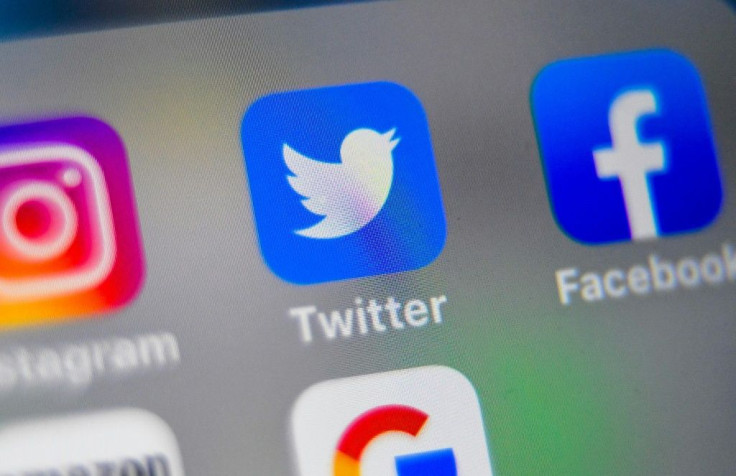US Administration Unveils Bill To Limit Online Liability Shield
The Trump administration unveiled legislation Wednesday aimed at limiting the liability shield of online services for content they host, the latest in a series of proposals motivated by a backlash against Big Tech platforms.
The Justice Department said its proposal seeks to reform a law known as Section 230 which protects internet services from liability from third-party content.
"For too long Section 230 has provided a shield for online platforms to operate with impunity," said Attorney General William Barr.
"Ensuring that the internet is a safe, but also vibrant, open and competitive environment is vitally important to America."
Barr said the bill would make platforms liable if they "unlawfully censor speech and when they knowingly facilitate criminal activity online."
The proposal is among several being considered in Congress on Section 230, which some call the cornerstone of the open internet but which critics say enables harmful content to circulate.

A Justice Department statement said its proposal "is aimed at incentivizing platforms to address the growing amount of illicit content online," without taking away immunity for defamation claims.
The statement said the proposal would take away "blanket immunity for continuing to host known criminal content" hosted on an online platform.
Debate on Section 230, a clause in the 1996 Communications Decency Act, has been raging for months amid rising concerns about the failure of tech platforms to curb hate speech, extremist content, copyright infringement and other abuses.
But critics say the Trump administration and its supporters are misinterpreting Section 230 protection to retaliate against tech platforms for what the president has called political bias.
Backers of Section 230 say it already provides incentives to tackle harmful content and the reform could open online firms large and small to a flood of litigation.
"The DOJ's proposal would severely limit people's ability to express themselves and have a safe experience online," said Elizabeth Banker of the Internet Association, which represents major tech firms.
"Small community listservs, religious forums, and anyone else who hosts and moderates online content would face new legal restrictions and requirements on every content decision. Current good-faith moderation efforts that remove things like misinformation, platform manipulation, and cyberbullying would all result in lawsuits under this proposal."
© Copyright AFP 2024. All rights reserved.



















